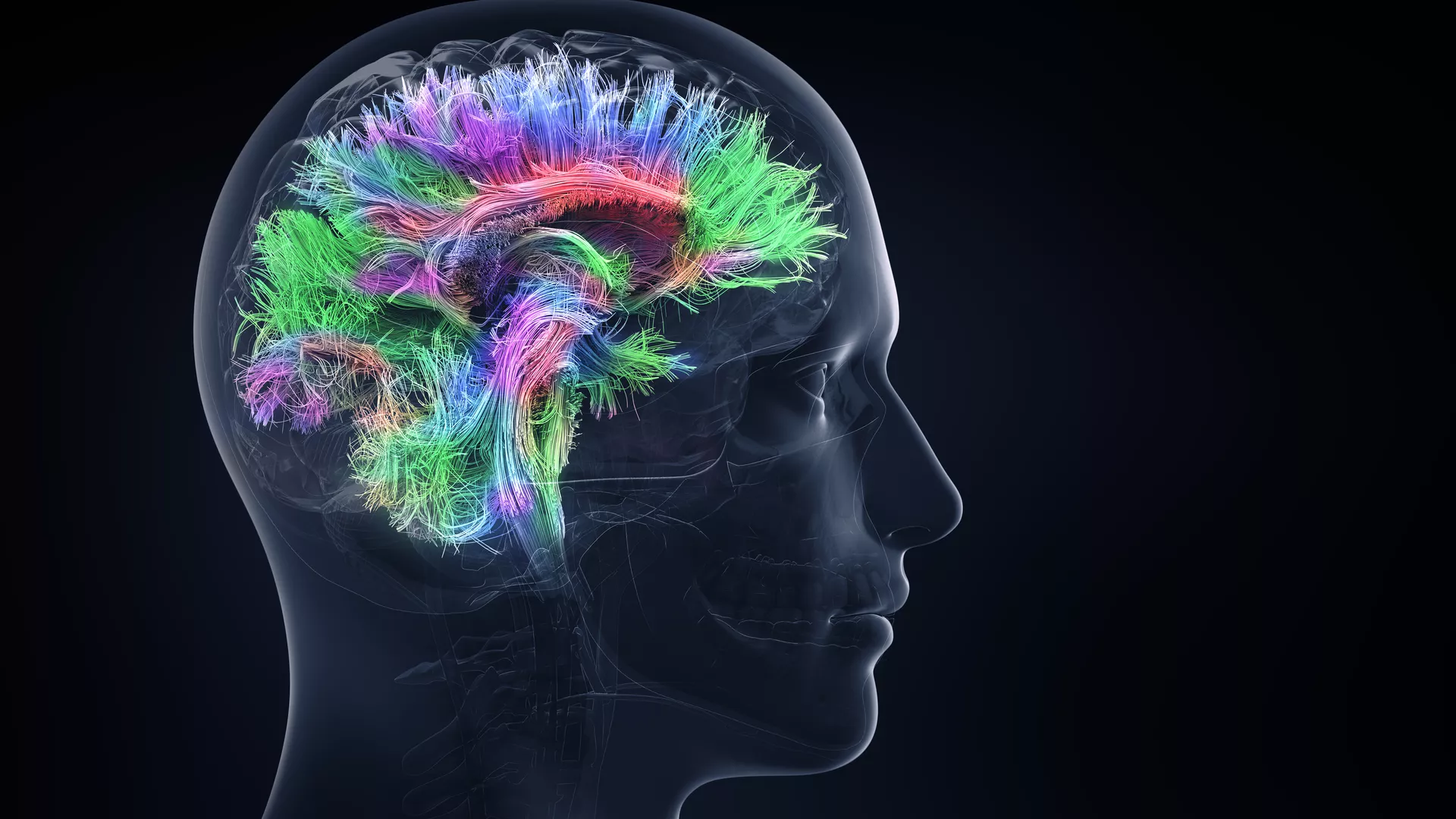A recent study by the University of Liverpool has shown that a technology-assisted peer therapy intervention effectively reduces perinatal depression among women in rural Pakistan. Conducted in partnership with the Human Development Research Foundation and the Health Services Academy, this research addresses a critical gap in mental health care for women in low- and middle-income countries (LMICs).
Perinatal depression affects one in four women in LMICs, contributing to serious issues such as maternal suicide and developmental problems in children. Despite the high prevalence, access to effective treatment remains alarmingly low, with treatment gaps estimated between 75% and 90% in these regions.
To tackle this pressing issue, researchers developed the Technology-assisted Peer-delivered Thinking Healthy Programme (THP-TAP). This innovative intervention combines peer-delivered cognitive behavioral therapy (CBT) with a specially designed digital app. Local mothers, trained as peer supporters, deliver therapy using their lived experiences, enhancing relatability and understanding. Meanwhile, the app automates key CBT elements through avatars and storytelling, ensuring consistent delivery of therapeutic content.
The results of this study, published in *Nature Medicine*, reveal that women using the peer-delivered intervention experienced significantly greater reductions in depressive symptoms compared to those receiving standard CBT. At the three-month mark after childbirth, participants reported a notable decrease in their depression levels, underscoring the effectiveness of this dual approach.
Professor Atif Rahman, a lead researcher, stated, “Combining human empathy with technological tools allows us to provide effective mental health support even in areas with limited resources. This approach redefines how we can address maternal mental health in LMICs.”
The THP-TAP model offers several advantages for broader implementation. By utilizing peer mothers as co-therapists, the program taps into a sustainable resource while the app ensures that essential therapeutic content is delivered accurately without the need for constant supervision from mental health specialists. Additionally, the intervention proved to be cost-effective and culturally acceptable, as evidenced by high participation rates and no reported stigma hindering involvement.
This study is believed to be the first of its kind to demonstrate the effectiveness of a combined peer and digital therapy model for perinatal depression in a low-resource setting. Researchers are optimistic that this approach could help bridge the quality gap that has historically limited task-sharing strategies in global mental health.
As LMICs continue to face a shortage of mental health professionals, the THP-TAP model offers a scalable and community-driven solution to a major public health challenge. The findings from this study not only contribute to the body of knowledge surrounding perinatal mental health but also present a viable pathway for improving support for mothers and their children in resource-constrained environments.



